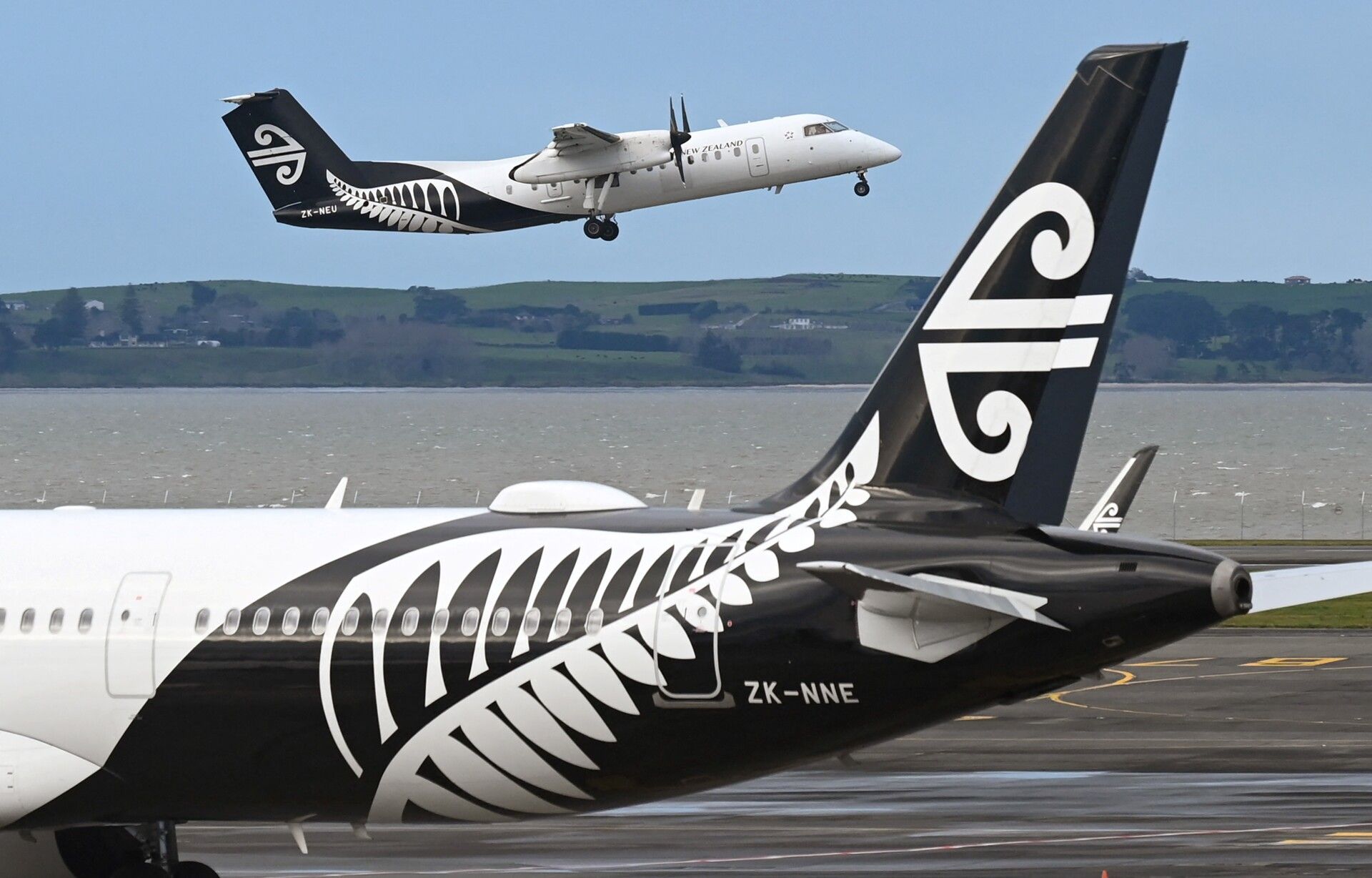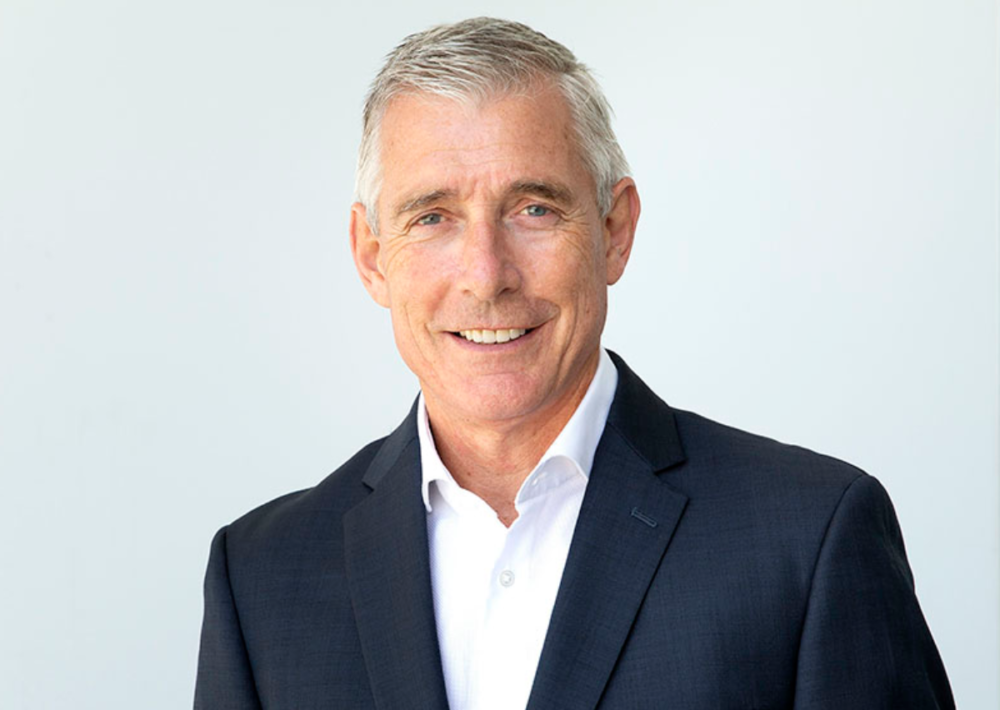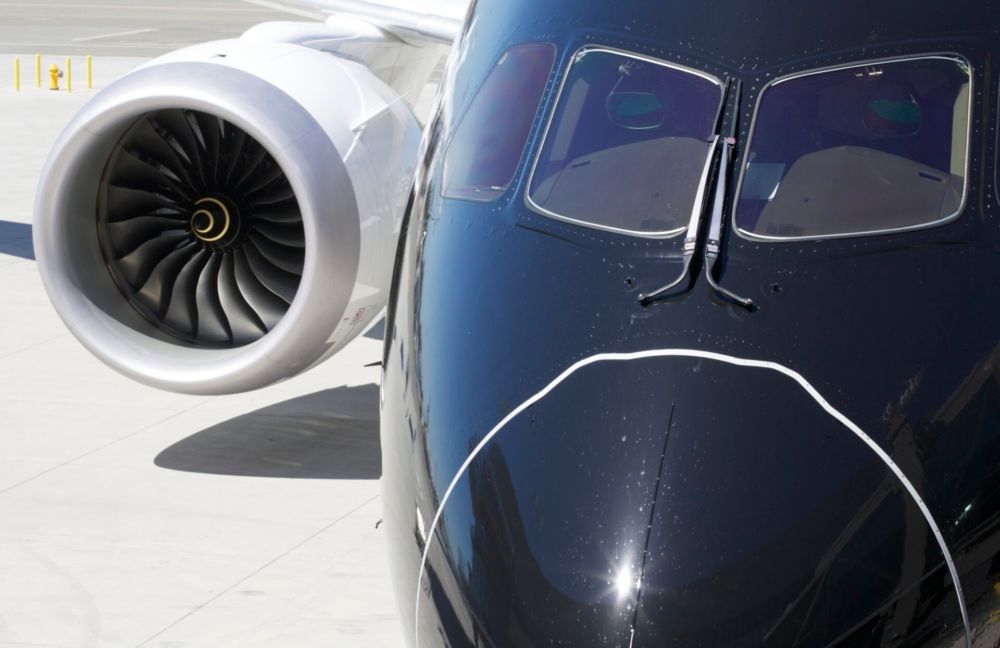Air New Zealand continues to actively pursue opportunities around electric aircraft as an option for shorter domestic and regional flights. The CEO of the Auckland-based airline has confirmed plans to have electric aircraft in its fleet by 2030 as it pursues an electric aircraft global leadership role.
Air New Zealand is talking with multiple partners about electric aircraft
Air New Zealand invests heavily in sustainability and is targeting net zero emissions by 2050. The airline has a comprehensive sustainability framework. One of the pillars of that framework is genuine climate action - and that's where electric aircraft come in.
"We're out there working with a number of partners on this, but pretty heavily with Airbus," Air New Zealand CEO Greg Foran told a CAPA conference on Tuesday. "We signed an MOU with them just recently and are sharing a lot of data and a lot of information between us."
"There are another 12 odd partners we continue to stay close to and are having reasonably in-depth conversations with them. The way these things usually develop, that list will come down, and we'll pick a couple, go even deeper, and then get on and purchase an (electric) aircraft sometime in the next few years."
Greg Foran says that once that first electric aircraft is operating, the airline will learn and expand from there.
"We're excited about that opportunity," he adds. The Air New Zealand CEO said he expects to have at least one electric aircraft operating on one route within the next few years. When pressed on a more definite timeline, Greg Foran nominated the late 2020s.
Stay informed: Sign up for our daily and weekly aviation news digests.
Air New Zealand doesn't want to be an electric aircraft laggard
Air New Zealand sees that first electric aircraft operating a short-haul regional domestic route now serviced by Q300 aircraft. Greg Foran says that the late 2020 start date slots in nicely with Q300 fleet renewal plans.
"We don't want to be a laggard on this. We're prepared to get out there a bit earlier. It's something we believe in as a business."
Air New Zealand is also investing in the green hydrogen-powered aircraft research and development process as well as sustainable aviation fuels. The airline has exhausted its carbon offset opportunities with New Zealand, but Greg Foran says carbon offsets "don't excite me a lot."
"We have exhausted what we can do in New Zealand in terms of offset," he said on Tuesday. "In our business, you get one point for talking and nine points for doing, and if you really want to make a difference here, and I think we must, the key problem we need to solve here is what are we going to do with sustainable aviation fuels?"
The long-haul flying environmental conundrum
While electric aircraft might solve some environmental issues surrounding short-haul hops, the technology cannot yet handle long-haul flying. The Air New Zealand CEO suggests sustainable aviation fuels can play a big role here, but that also opens another can of worms.
Mr Foran says he's not aware of any current technology available that deals with the environmental impact of flying, particularly long-haul flying, like sustainable aviation fuels can. But there's insufficient supply, infrastructure issues, and it still costs three to five times as much as normal aviation fuel.
"It's not a problem that can just be solved by airlines," Mr Foran adds. The Air New Zealand boss says one of the consequences of using more sustainable aviation fuel would be higher fares and says if passengers want to walk the environmental talk, they'll need to be prepared to pay the higher fares. Mr Foran says right now, most are not.
"Unless someone's got an alternative solution about what you do for long-haul, we'd better put our collective heads together, and that's not just going to involve people in the industry."



